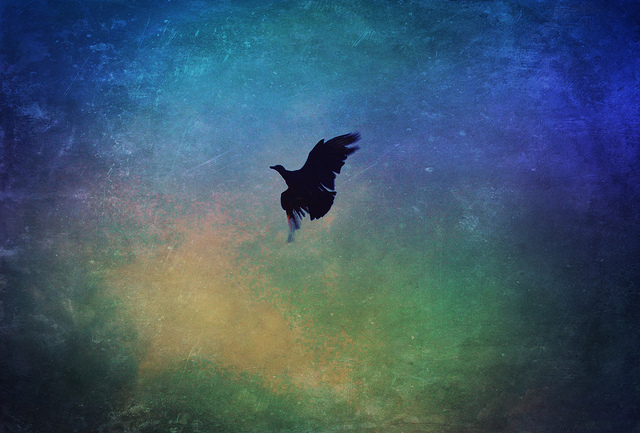To quote the late Woody Allen—“I’m not afraid of death, I just don’t want to be there when it happens.”
Even when we speak of death with an element of humour, there’s no getting away from the dark apprehensive undercurrent surrounding it.
The Western perspective on death is often dark, taboo and not to be spoken of until a more convenient time—but when exactly is that time? When we’re old, sick, on our deathbed—when? And why are so many people fearful of it?
As a Buddhist mentor and stress consultant, I’m often contacted by people at the end of life, who’ve been recently diagnosed with terminal illness or who have relatives in this situation. Many describe feelings of powerlessness, being afraid of what’s ahead and being anxious that they haven’t gotten their affairs in order. Precious time that should be spent peacefully, and balanced in preparation for passing, is often spent in restless conflict.
Culturally, death is viewed and approached in so many different ways, and here I’d like to share an experience that changed my whole perspective—as I’m sure it will yours.
Whilst relaxing on the banks of the sacred River Ganges in India last year, I noticed a young boy standing knee-deep in the water, rummaging around and stopping every so often to pop something into his mouth. From a distance It was hard to figure out exactly what he was collecting, so I wandered over to ask—his response shook me to the core.
“I’m looking for gold, from bodies burned here today,” he said. “To the dead, gold is nothing—but for my family, it’s food and life.”
This boy viewed death only as a continuation of life, and not an end to it, as many people in the West believe. From this perspective, death leaves absolutely nothing to fear—however, it did make me wonder if people in the West are equally as afraid of living as they are of dying.
If this is the case, it could account for the high stress levels that exist in Western society. For example, life for the vast majority is spent doing jobs they hate, just to save money in preparation for retirement. How incredibly sad when retirement age doesn’t come, and all that wasted time could have been spent living and enjoying life.
Old age, it seems, is more a privilege than a certainty—and one that many don’t get to experience, so it definitely makes sense to enjoy the time we have right now in the present moment. But how do we change our perceptions of the world and the beliefs that have been instilled in us, for so many years, about death?
First, it’s important to understand the nature of impermanence and that we’re not immortal. When we leave this life, every single thing we own will become the property of someone else. The house we’re working ourself into the ground for, but spend little time in—our clothes, loved ones, land—everything. This is why it seems so pointless clinging onto things, as if we’re going to be around forever, when there’s a whole life waiting to be lived right here in the present moment.
I believe preparing for death is important, but not in our last moments when we should be getting ready to pass peacefully. Preparations for death should be made today, right now, in the way we live our lives—joyfully and productively, leaving no stone unturned.
“I am ready to meet my maker, but whether my maker is prepared for the great ordeal of meeting me is another matter.” ~ Winston Churchill 1874-1965
.
Relephant:
Why We should Never be Afraid of Death.
.
Author: Julie Kelly
Editor: Yoli Ramazzina
Photo: Flickr/jeronimo sanz












Read 0 comments and reply